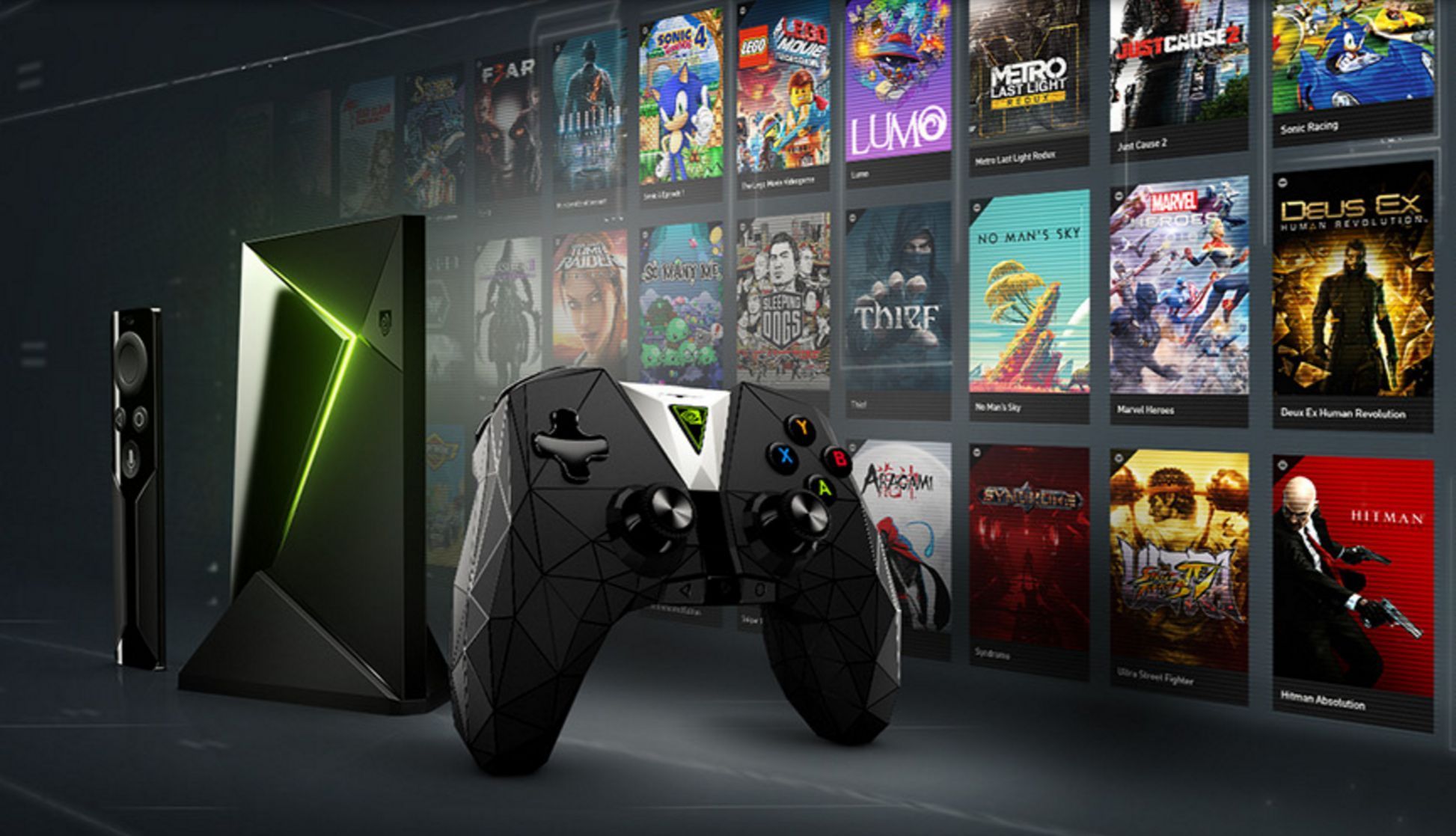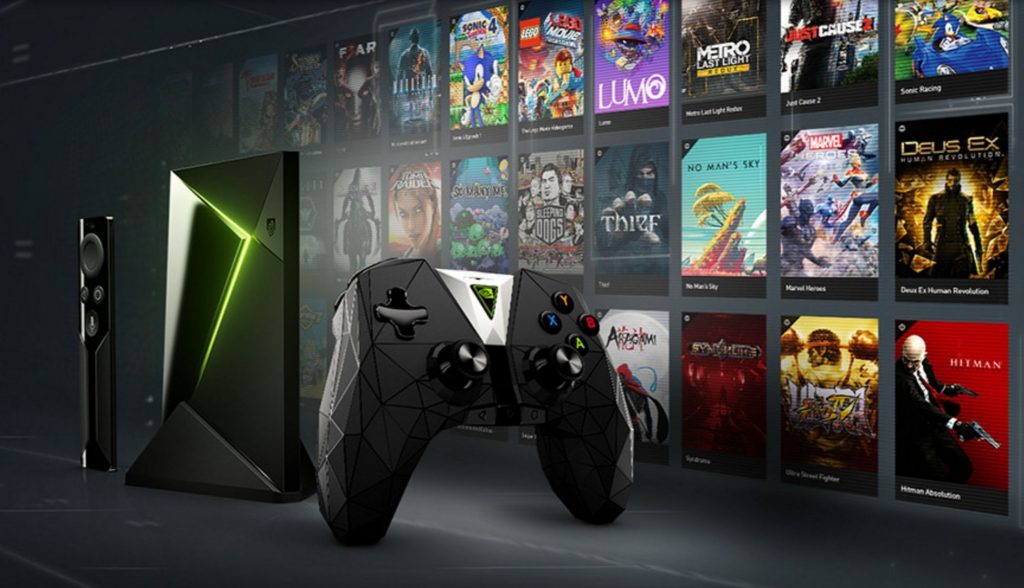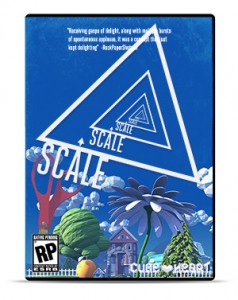Some interesting things happened in the world of cloud gaming over the last couple of weeks which you may not have noticed but need to know about.
The first was the official release of Nvidia’s GeForce NOW streaming service. While there is quite a lot to talk about concerning the service itself, for right now, we’re going to focus on what may be its most important feature: the ability to use GeForce NOW to play games you already own.
That might not sound like a big deal, but it kind of is. Google Stadia has come under fire for its policies which force you to buy games specifically intended for use with Google Stadia. That not only puts users in an awkward position when it comes to purchasing new games, but it means that most of their existing PC gaming library (and games owned on other platforms) will not be compatible with Google Stadia.
GeForce NOW treats cloud gaming more like a service. It lets you access many of the games you may already own but experience them with the technological benefits offered by cloud gaming. The service’s premium members can even access advanced graphics options and other incredible features. Granted, GeForce NOW has some technical and policy problems of its own, but the idea that you’re able to just jump into the world of cloud gaming with few or no purchases required is kind of what that technology needs most right now.
Unfortunately, the best aspect of the GeForce NOW is being compromised by the growing realization that greed may kill cloud gaming before it ever really had a chance.
Since GeForce NOW’s official launch Activision Blizzard and Bethesda Softworks have already pulled their titles (or most of them) from the cloud gaming service’s library. While the official details regarding these decisions are thin at best (Nvidia mumbled something about a “misunderstanding” in the case of the Activision decision) strong rumors seemingly tell the tale.
At least as it concerns Activision Blizzard, it seems that the publisher wanted to reach some kind of separate commercialized contract with Nvidia before they’d continue to support GeForce NOW. Reports indicate that Nvidia doesn’t want to reach such deals with publishers as it defeats the purpose of their “buy it anywhere, play it here” vision. It’s easy to imagine that Bethesda wanted a similar deal.
There are a few examples of greed in play here, and to be entirely fair, one of them involves Nvidia. Their goals (and financial preferences) may make sense, but in the early days of cloud gaming, special considerations may have to be made to get everyone on board. At the very least, it seems these decisions were partially caused by miscommunications between not only Activision Blizzard and Nvidia but Nvidia and its users.
The bigger worry here, though, involves the publishers. The two most likely possibilities regarding their decisions are that they either want to ensure they make additional money from people buying copies of games designed for cloud services (such as we see with Stadia) or that they intend to eventually release their own cloud service and don’t want someone else having access to their titles.
While the former possibility may be the most likely, it’s the latter that worries us the most. We’re already seeing the world of video streaming services become corrupted by everyone trying to take a piece of the pie and leaving customers in the awkward position of needing to purchase multiple services in order to get the content that they used to get with just one or two services.
The difference between video streaming and cloud gaming is that streaming had a chance to grow and become accepted before more companies decided to get in on the action. Cloud gaming doesn’t have that luxury. It’s an inherently tricky alternative that may be the future but faces a lot of problems in the present. It needs time to not only grow from a technical standpoint but to become accepted by millions of potential users.
If everyone in the gaming industry tries to strike gold with cloud gaming as it is, though, then it may be some time (if ever) before we truly get to enjoy what cloud gaming can become.





